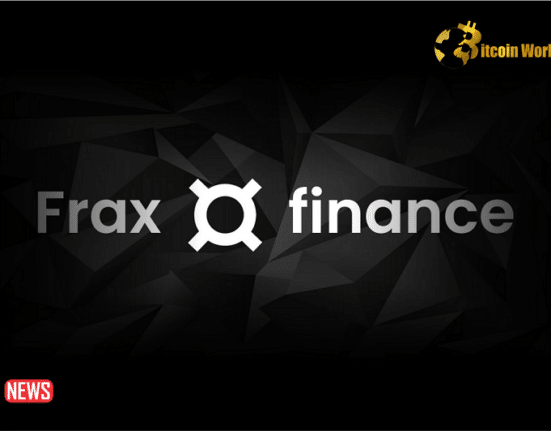In an unexpected turn, the Ethereum network experienced a dramatic surge in gas fees, primarily attributed to the unusually high activity from a Binance-associated cryptocurrency wallet. The “Binance 14” wallet recorded an astonishing 140,000 transactions on September 21. Consequently, the transaction fees, or gas fees, for this specific wallet shot up to more than 300 gwei, while the Ethereum network’s average remained around 10 gwei.
This intense activity culminated in the Binance 14 wallet spending about 530 ETH (close to $850,000) on gas alone for the day. Moreover, the massive transaction volume of the Binance wallet temporarily propelled the Ethereum network’s gas fees from less than 10 gwei to a staggering 330 gwei per transaction, as indicated by Etherscan, a renowned blockchain data tracker.
For the uninitiated, gas fees are the costs blockchain users bear when executing transactions or smart contracts on the Ethereum network. These fees are compensations for the validators processing the transactions. When a blockchain witnesses a transaction spike, the heightened computational power demand increases gas fees.
Responding to the turmoil, Binance stated that they were consolidating wallets when the gas fees were relatively low, aiming to streamline withdrawals and ensure user fund safety. However, prominent figures in the crypto world offered other explanations.
Martin Koppelmann, co-founder of Gnosis chain, speculated on X (previously Twitter) that Binance could run a “highly inefficient script” for consolidation, thus incurring elevated transaction fees. Scopescan, a blockchain analysis platform, echoed similar sentiments, attributing the Ethereum network’s congestion to Binance consolidating funds from dormant deposit addresses.
Adam Cochran went a step further in his criticism. The prominent crypto investor insinuated that the exorbitant transaction fees might be due to Binance’s flawed APIs. Cochran questioned the exchange’s technical prowess on the X platform and expressed concerns about Binance handling vast amounts across diverse protocols.
Ethereum’s price remains below $1,600 despite the turbulence, witnessing a 2.8% dip over the last day, according to CoinGecko. Still, it retains its spot as the second-most dominant cryptocurrency, boasting a market cap surpassing $190 billion.















